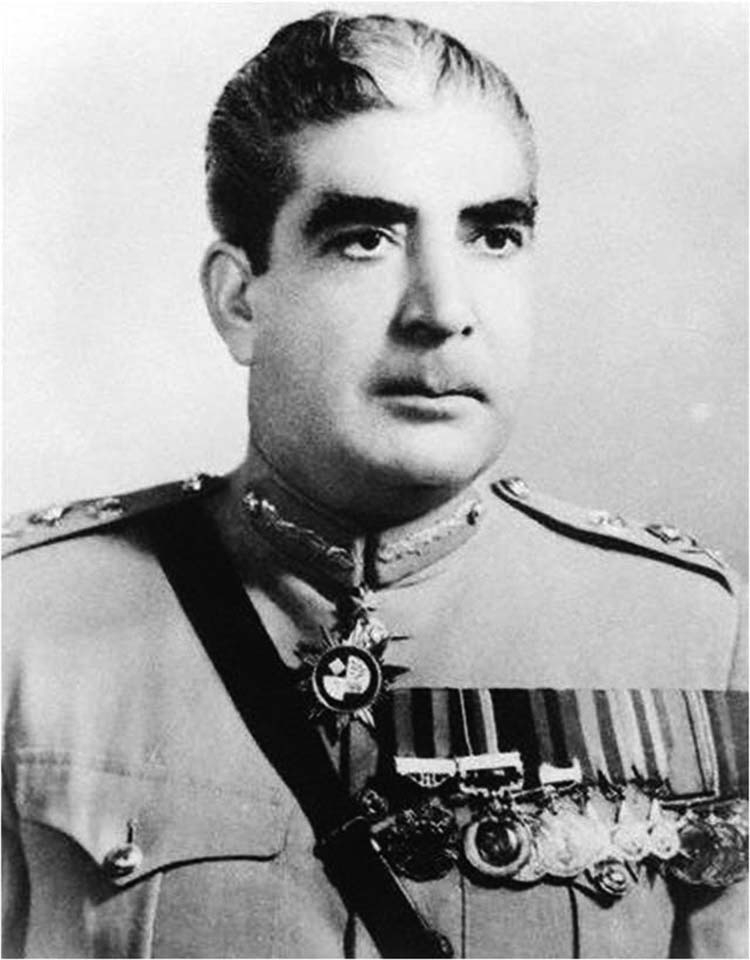Your search - Yahya Khan - did not match any resources.
Yahya Khan
 Agha Muhammad Yahya Khan}}}} (4 February 191710 August 1980) was a Pakistani military officer, who served as the third president of Pakistan from 1969 to 1971. He also served as the Commander-in-Chief of the Pakistan Army from 1966 to 1971. Along with Tikka Khan, he was considered the chief architect of the 1971 Bangladesh genocide.
Agha Muhammad Yahya Khan}}}} (4 February 191710 August 1980) was a Pakistani military officer, who served as the third president of Pakistan from 1969 to 1971. He also served as the Commander-in-Chief of the Pakistan Army from 1966 to 1971. Along with Tikka Khan, he was considered the chief architect of the 1971 Bangladesh genocide.Khan was commissioned to the British Indian Army in 1939. He fought in the Second World War in the Mediterranean theatre and was promoted to major (acting lieutenant-colonel). Following the creation of Pakistan in 1947, he advanced in the Pakistan Army. During the Second India–Pakistan War of 1965, Khan helped in executing the covert infiltration in Indian-administered Kashmir. After being controversially appointed to assume the army command in 1966, Khan succeeded to the presidency from Ayub Khan, who resigned in March 1969.
Yahya Khan's presidency oversaw martial law by suspending the constitution in 1969. Holding the country's first general election in 1970, he blocked the power transition to the victorious Sheikh Mujibur Rahman from East Pakistan. In March 1971, Khan ordered Operation Searchlight in an effort to suppress Bengali nationalism. This led to the Bangladesh Liberation War in March 1971. Yahya Khan was central to the perpetration of Bangladesh genocide, in which around 300,000–3,000,000 Bengalis were killed, and between 200,000 to 400,000 women were raped. In December 1971, Pakistan carried out pre-emptive strikes against the Bengali-allied Indian Army, culminating in the start of the Third India–Pakistan War. The wars resulted in the surrender of the Pakistani armed forces in East Pakistan, and East Pakistan seceded as Bangladesh. After the surrender, Khan resigned from the military command and transferred the presidency to Zulfikar Ali Bhutto. Khan remained under house surveillance prior to 1979 when he was released by Fazle Haq. Khan died the following year in Rawalpindi and was buried in Peshawar.
Khan's short regime was regarded as the leading cause of the breakup of Pakistan. He is viewed negatively in both Bangladesh, being considered the chief-architect of the genocide, and in Pakistan. Provided by Wikipedia
